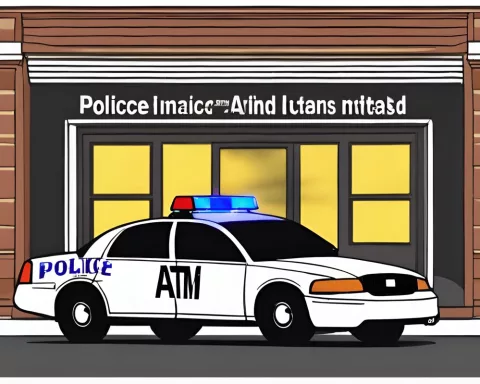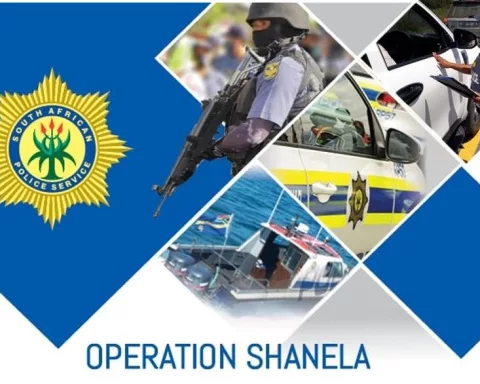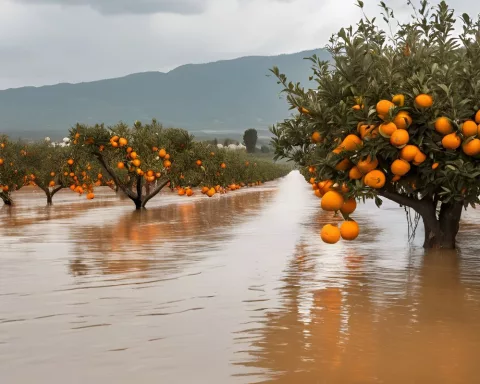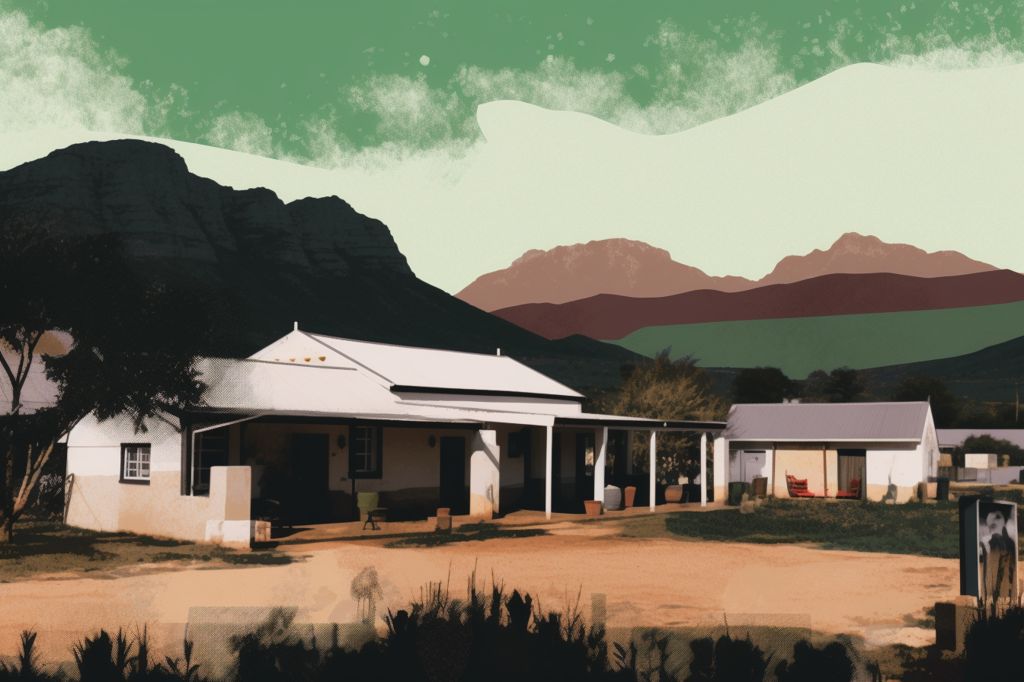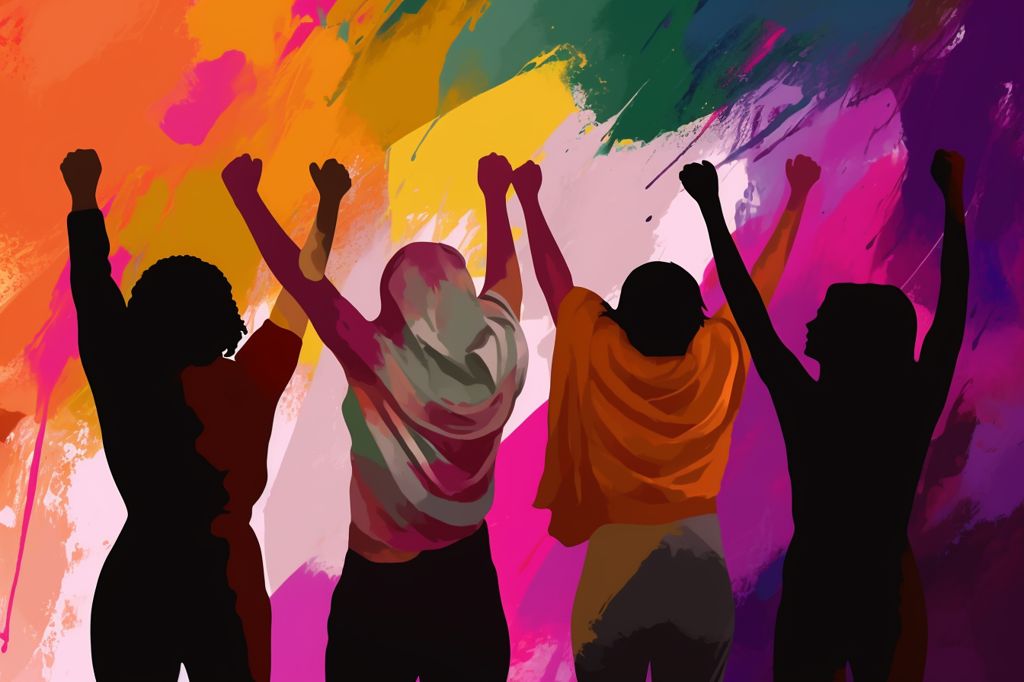Enhanced Oversight Leads to Increase in Resources and Crime Fighting Capabilities
The South African Police Service (SAPS) in Western Cape has received a significant boost in law enforcement capabilities, with the delivery of 362 vehicles during the 2022/23 fiscal year. Minister of Police Oversight and Community Safety, Reagen Allen, is credited with this development, owing to his effective and enhanced oversight efforts.
Vehicles Distributed across the Province
The office of the Western Cape Police Commissioner, Lieutenant General Thembisile Patekile, confirmed that 251 vehicles were handed over in Mitchells Plain on 4 May 2023, while the remaining 111 vehicles had been distributed to stations and units across the province between 24 June 2022 and 3 April 2023.
Addressing Resource Allocation Challenges
Minister Allen had previously expressed concern about the allocation of resources, noting that as of January, only 53 vehicles (14.88% of the total) had been delivered. He emphasized the ongoing challenges faced by the Western Cape’s law enforcement in terms of human resources, equipment, and materials. The province currently experiences a vacancy rate of approximately 10%, making effective policing a formidable task.
To address these difficulties and strengthen crime fighting capabilities, the Law Enforcement Advancement Plan (LEAP) has deployed officers in priority areas with the highest murder rates. These LEAP officers serve as force multipliers, considerably strengthening SAPS’ efforts in combating crime.
Effective Utilization of Resources
Minister Allen expressed the importance of the new vehicles being utilized effectively in serving the communities where they are allocated. He stressed the importance of holding those responsible for managing these resources accountable for ensuring their use in benefiting the community, increasing visibility, and ultimately fighting crime.
Proactive Monitoring of Resource Utilization
In addition to providing new vehicles, Minister Allen’s office has taken a proactive approach to monitoring the utilization of these resources. The Minister plans to visit several stations and units to confirm the receipt of their vehicles and ascertain how the new resources are being employed. He has also encouraged community members to report any misuse of these new vehicles or other police resources.
Positive Impact on Crime Fighting Capabilities
This substantial increase in resources and the deployment of LEAP officers is expected to have a positive impact on the Western Cape’s crime fighting capabilities. The additional vehicles will enable law enforcement to increase their presence in communities, respond more quickly to incidents, and overall improve the safety and security for citizens in the province.
Importance of Accountability
However, it is crucial that the allocation and management of these resources are carefully monitored, and law enforcement personnel are held accountable for their use. By encouraging community involvement and vigilance, the Western Cape government hopes to ensure that these new vehicles are used effectively in the ongoing battle against crime, and that the province sees a reduction in crime rates and an improvement in community safety.


